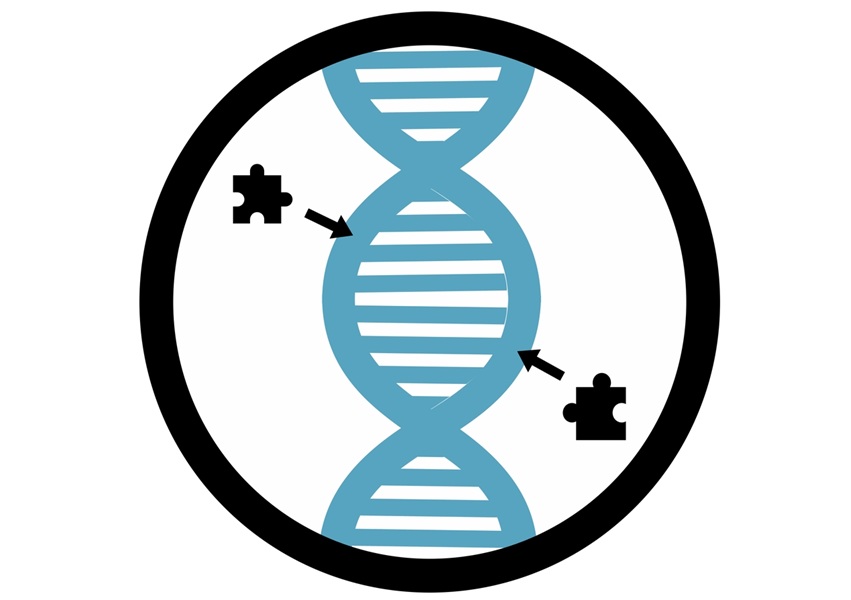Gene Analysis Yields Markers for Non-Small-Cell Lung Cancer Death Risk
By LabMedica International staff writers
Posted on 26 Aug 2013
Cancer researchers have identified a set of biomarkers that predict risk of death in patients with non-small-cell lung cancer (NSCLC) and may have potentially important clinical implications for optimizing patient-specific treatment.Posted on 26 Aug 2013
Lung cancer is the leading cause of cancer-related mortality in the world, and about 85% of the cases are NSCLC. Presently, there are few validated biomarkers that can predict NSCLC survival or treatment, and most are based on tumor markers. Biomarkers based on germ line DNA variations represent a valuable complementary strategy, which could have the benefit of subclassifying patients to tailored, patient-specific treatment.
Researchers at the Moffitt Cancer Center (Tampa, FL, USA) analyzed single nucleotide polymorphisms (SNPs) in 53 inflammation-related genes among 651 NSCLC patients. Computer models, adjusted for lung cancer prognostic factors, were used to assess the association of genotypes and haplotypes with overall survival. A haplotype, in this context, is a set of SNPs on a single chromosome of a chromosome pair that is associated statistically.
Results revealed that four of the top 15 SNPs associated with survival were located in the TNF-receptor superfamily member 10b (TNFRSF10B) gene. The T-allele of the top ranked SNP was associated with a 41% increased risk of death, and the other three TNFRSF10B SNPs exhibited a 35%, 29%, and 24% increased risk of death, respectively. Haplotype analyses revealed that the most common risk haplotype was associated with a 78% increased risk of death compared with the low-risk haplotype.
“There are few validated biomarkers that can predict survival or treatment response for patients with non-small-cell lung cancer,” said senior author Dr. Matthew B. Schabath, an assistant member of the cancer epidemiology program at the Moffitt Cancer Center. “Having a validated genetic biomarker based on inherited differences in our genes may allow physicians to determine the best treatments for an individual patient based on their unique genetics.”
“Non-small-cell lung cancer has an extremely poor five-year survival rate. Only about 16% of all patients survive for five years and tragically, only about 4% of patients with late stage disease live longer than five years,” said Dr. Schabath. “Part of the difficulty in treating lung cancer is the genetic diversity of patients and their tumors. Using a personalized medicine approach to match the best treatment option to a patient based on his or her genetics will lead to better outcomes.”
The study was published in the July 9, 2013, online edition of the journal Carcinogenesis.
Related Links:
Moffitt Cancer Center













